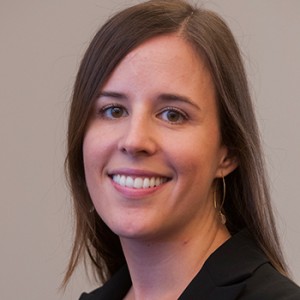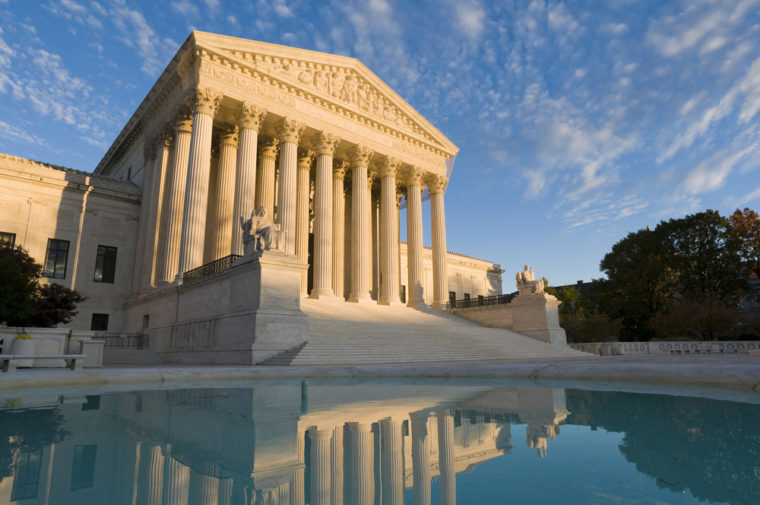The First Amendment does not give Masterpiece Cakeshop and its owner, Jack Phillips, the license to discriminate against gay couples, as businesses open to the general public have a longstanding obligation to provide full and equal service to customers, argues a legal scholar at Washington University in St. Louis.
The U.S. Supreme Court is set to hear the case of Masterpiece Cakeshop v. Colorado Civil Rights Commission this fall. At stake is whether businesses have the right to deny services to LGBT Americans. Arguments in the case are scheduled Dec. 5.

“Nearly all states, including Colorado, where Masterpiece is located, have public accommodation statutes,” said Elizabeth Sepper, professor of law and an expert on public accommodation law and religious liberty. “Requiring a retail bakery to serve people on equal terms isn’t new or unusual, and Supreme Court case law is clear that the First Amendment doesn’t stand in the way of ensuring equality in commerce.”
Sepper and four other legal scholars, from across the country, filed an amicus brief with the Supreme Court Oct. 30 arguing the First Amendment exemption Masterpiece claims would subvert the historic nature of accommodation laws. The other scholars included: Samuel Bagenstos, the Frank G. Millard Professor of Law at the University of Michigan Law School; Nan D. Hunter, professor of law at Georgetown University Law Center; James Oleske, associate professor of law at Lewis & Clark (Oregon) Law School; and Joseph William Singer, the Bussey Professor of Law at Harvard Law School.
The brief tells the little known history of these laws that ensure full and equal enjoyment of the public marketplace.
“Before the Civil War, businesses open to the public had a duty to serve customers equally,” Sepper said. “After Reconstruction, Southern states turned this duty to serve into a right to exclude — and eventually, with Jim Crow, a duty to exclude. More than 100 years ago, many states — including Colorado — started restoring this duty to serve by enacting public accommodation laws. And for 50 years or more, state laws across the country have applied to bakeries that offer wedding cakes to the public.”
To ensure equal dignity in the marketplace, state public accommodation laws typically cover all retail establishments, Sepper and her co-authors wrote.
“Whether or not a same-sex couple can order a wedding cake from another local shop, the Colorado Antidiscrimination Act prevents a bakery from refusing to make a cake for a couple because they are gay,” Sepper and her co-authors wrote. “The issue is not — and never has been — whether the target of discrimination can ultimately obtain service.”
Sepper said the bakery is a “classic” public accommodation. “The custom or artistic nature of a wedding cake doesn’t immunize the bakery from antidiscrimination law,” she said. “Lots of public accommodations offer handmade, creative and personalized goods and services. Chefs plate food so beautifully people want to photograph it. Tailors and jewelers create unique and custom pieces.”
In the brief, she and her four colleagues wrote: “Masterpiece is not a nonprofit whose purpose is expression, a selective club, an individual entering into a personal contractual relationship, or any other entity that might warrant special First Amendment solicitude.
“It has long been settled that public accommodation laws further a compelling governmental interest in eradicating discrimination that outweighs any incidental infringement on the interests of public-facing, commercial entities like Masterpiece,” they wrote.
